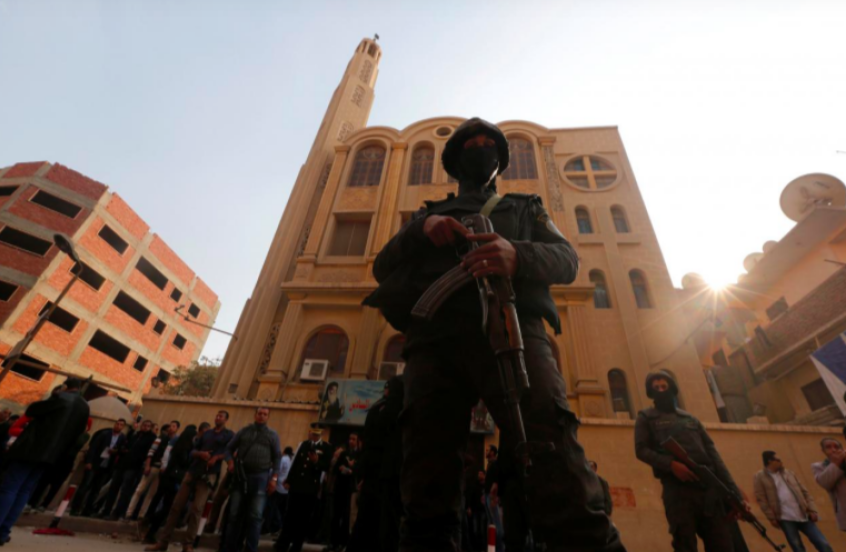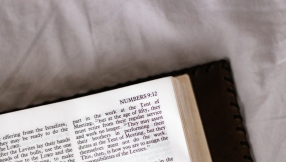An Egyptian man found guilty of killing a Coptic priest last year has been sentenced to death.
Ahmed Saeed's attack on 40-year-old priest Samaan Shehata with a knife in October was one of a number of assaults on Christians in recent years. Another priest was wounded in the attack.

The Cairo Criminal Court ruled that Saeed should face the death penalty for his attack in the city of al-Salam, northeast of Cairo in October. Monday's verdict can be appealed.
Violence against Christians, who make up around 10 per cent of the country's 95 million population, has surged in recent years and the persecution charity Open Doors pointed to an unprecedented spike in persecution making it the 17th most dangerous country in the world to be a Christian.
Hardline Islamist extremists, pushed out of Syria and Iraq, have fled to Turkey and Egypt bringing a sharp rise in violence and aggression towards Christians there, the charity said.
In April, twin suicide bombings, claimed by ISIS, struck two Coptic churches, killing at least 47 people. The Palm Sunday bombings prompted Egypt to declare a nationwide state of emergency.
Muslims are also being targeted by jihadists and around 300 people died in a coordinated gun and bomb attack on al-Rawdah mosque in Bir al-Abed, west of Arish city in the Sinai region last November.













